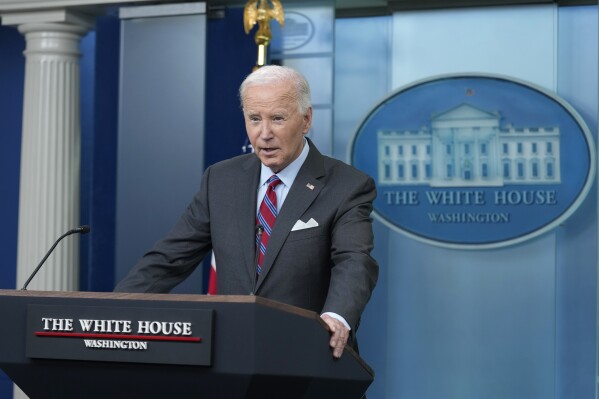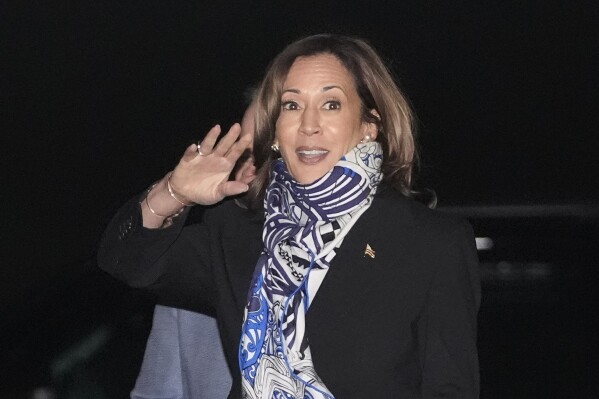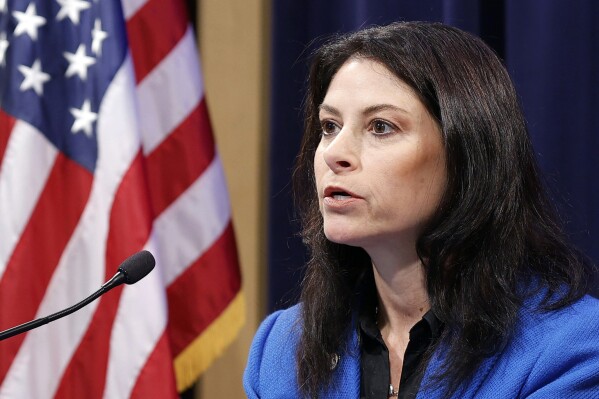ANNAPOLIS, Md. (AP) — Maryland’s corrections department will cancel the debt for mandatory, parole and administrative release fees, as well as drug testing fees, for people who are currently under the supervision of the agency’s parole and probation division, Gov. Wes Moore said Friday.
The action will relieve administrative debt for 6,715 cases, totaling more than $13 million, the governor’s office said.
“Marylanders who serve their time deserve a second chance without bearing the financial burden of recurring administrative fees,” Moore, a Democrat, said. “Leave no one behind is not just a talking point for us, it’s a governing philosophy. This action will create paths to work, wages, and wealth for Marylanders; grow our economy; and build a state that is more equitable and just.”
The Division of Parole and Probation in the Maryland Department of Public Safety and Correctional Services collects supervision fees from people who are under mandatory release, parole, administrative release or under probation supervision when ordered by the court.
The supervision fee is now $50 a month for people who were placed on supervision on or after June 1, 2011, and $40 per month for people who were placed on supervision before June 1, 2011.
A new law that took effect Tuesday repealed the Maryland Parole Commission’s authority to assess supervision fees against someone under supervision. The law also repealed the commission’s authorization to require a person who is on parole, mandatory, or administrative release supervision to pay for drug and alcohol testing fees under some circumstances.
Maryland Attorney General Anthony Brown, a Democrat, said waiving supervision fees, which disproportionately affect low-income communities and people of color, will ease financial burdens on Marylanders who are “trying to get their lives back on track.”
“These changes will also lower the risk of recidivism and help advance our shared goal of eliminating mass incarceration,” Brown said in a news release.
Fee reductions apply only to current parolees who are under active supervision, the governor’s office said. The reductions do not apply to people who are no longer under supervision or cases that have already been referred to the Department of Budget and Management’s Central Collection Unit.
“I commend the administration for taking this important step in removing an unnecessary barrier to reentry,” said Del. Elizabeth Embry, a Baltimore Democrat. “Waiving these fees allows people to focus on providing for themselves and for their families as they reintegrate back into the community.”
Disclaimer: The copyright of this article belongs to the original author. Reposting this article is solely for the purpose of information dissemination and does not constitute any investment advice. If there is any infringement, please contact us immediately. We will make corrections or deletions as necessary. Thank you.



